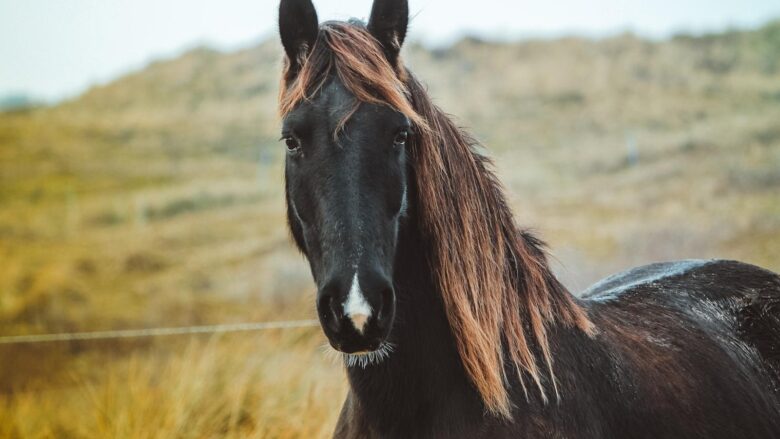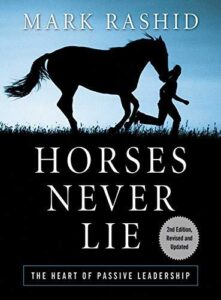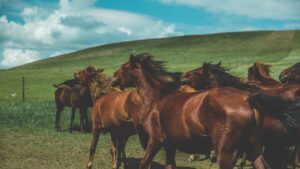Horses are majestic creatures that have been companion animals to humans for centuries. As equestrians, we are responsible for ensuring the health and well-being of our equine counterparts. One of the most important aspects of caring for horses is optimizing their nutrition. From providing the right balance of vitamins and minerals to ensuring proper hydration, there are many factors to consider when it comes to horse nutrition. In this article, we will explore the best practices and dietary solutions for optimizing the nutrition of our beloved four-legged friends. So saddle up and let’s delve into the fascinating world of equine nutrition!
Understanding the Basics of Equine Nutrition
Optimizing Horse Nutrition: Best Practices and Dietary Solutions
When it comes to , it is essential to prioritize the specific dietary needs of horses. Proper nutrition is vital for maintaining the overall health and well-being of these magnificent animals. By implementing best practices and offering the right dietary solutions, you can ensure that your horse stays healthy and happy.
One key aspect of equine nutrition is providing a balanced diet that meets the nutritional requirements of horses. This includes a combination of quality forage, such as hay or pasture, as well as concentrated feeds that supply essential vitamins and minerals. It is crucial to consult with a veterinarian or equine nutritionist to create a customized feeding plan tailored to your horse’s individual needs.
Additionally, it is important to consider factors such as age, activity level, and overall health when determining the best diet for your horse. Monitoring your horse’s weight and body condition regularly can help you make adjustments to their diet as needed. By paying attention to their nutritional needs and making informed choices, you can optimize your horse’s health and performance.
Key Nutrients Essential for Horse Health and Performance
Proper nutrition is key to ensuring optimal health and performance for your horse. By providing the right balance of nutrients, you can help your horse thrive and excel in their daily activities. There are several key nutrients that are essential for maintaining your horse’s health and supporting their performance.
One crucial nutrient for horse health is protein, which is essential for building and repairing muscle tissue. Including high-quality protein sources such as soybean meal or alfalfa in your horse’s diet can help support muscle growth and development. Another important nutrient is vitamin E, which acts as a powerful antioxidant and helps protect cells from damage. Ensuring your horse has adequate vitamin E in their diet can help support their immune system and overall health.
Omega-3 fatty acids are also critical for horse health and performance, as they play a key role in reducing inflammation and supporting joint health. Including sources of omega-3 fatty acids such as flaxseed or fish oil in your horse’s diet can help promote joint health and improve overall performance. By focusing on providing these key nutrients in your horse’s diet, you can help optimize their nutrition and support their health and performance goals.
Creating a Well-Balanced Diet Plan for Your Horse
Horses require a well-balanced diet to maintain optimal health and performance. Creating a customized nutrition plan for your horse is essential to ensure they receive the necessary nutrients for energy, muscle development, and overall well-being. By following best practices and incorporating dietary solutions, you can help your horse thrive and reach their full potential.
When designing a diet plan for your horse, consider the following key components:
- Quality Forage: Make sure your horse has access to high-quality forage, such as hay or pasture, to meet their fiber requirements and promote healthy digestion.
- Essential Nutrients: Provide a balanced mix of vitamins, minerals, and protein to support your horse’s growth and maintenance needs.
- Hydration: Ensure your horse has access to fresh, clean water at all times to prevent dehydration and support overall health.
Consulting with a veterinarian or equine nutritionist can help you tailor a diet plan specifically for your horse’s individual needs. Consider factors such as age, weight, workload, and any existing health conditions when making dietary decisions. By prioritizing your horse’s nutrition and incorporating best practices, you can help them thrive and lead a happy, healthy life.
Special Considerations for Different Types of Horses
When it comes to optimizing horse nutrition, it’s important to take into consideration the specific needs of different types of horses. Each horse breed, age, activity level, and health condition may require different dietary solutions to ensure they are getting the nutrients they need to thrive. Here are some special considerations for various types of horses:
Athletic Horses:
- Require higher levels of energy-rich feeds to support their increased activity levels
- May benefit from supplements such as electrolytes to replenish lost minerals during intense exercise
- Need a balanced diet to maintain muscle mass and overall health
Senior Horses:
- Often have dental issues that may require softer feeds or hay cubes
- Can benefit from joint supplements to support mobility and alleviate arthritis pain
- May need extra protein and fat to maintain muscle mass and body condition
Pregnant or Nursing Mares:
- Require additional calories and nutrients to support the growth and development of the foal
- May need higher levels of protein, calcium, and phosphorus for milk production
- Should be monitored closely for any signs of nutritional deficiencies or weight loss
Implementing Advanced Nutritional Strategies for Optimal Results
When it comes to optimizing horse nutrition, there are a variety of advanced strategies that can be implemented to achieve optimal results. One key aspect to consider is the quality of the horse’s diet. Ensuring that your horse is receiving a well-balanced diet that is rich in essential nutrients, vitamins, and minerals is crucial for their overall health and performance.
Another important factor to consider is the use of supplements to fill in any nutritional gaps in your horse’s diet. Supplements such as **omega-3 fatty acids** and **probiotics** can help to support your horse’s immune system, aid in digestion, and promote overall well-being. It’s essential to consult with a veterinarian or equine nutritionist to determine the best supplements for your horse’s individual needs.
| Dietary Solution | Recommended Daily Amount |
|---|---|
| High-quality hay | 1-2% of body weight |
| Grain mix | As needed for energy |
| Supplements | Consult with a professional |
Implementing advanced nutritional strategies for your horse can lead to improved performance, better overall health, and a longer lifespan. By focusing on providing a well-balanced diet, incorporating the right supplements, and consulting with professionals in the field of equine nutrition, you can ensure that your horse is receiving the best care possible.
In Summary
In conclusion, optimizing horse nutrition is essential for ensuring the health and well-being of our equine companions. By following best practices and implementing dietary solutions that meet the specific needs of individual horses, we can support their overall performance, longevity, and happiness. Remember, a well-fed horse is a happy horse. So, let’s continue to prioritize proper nutrition and care for our four-legged friends. Here’s to a bright and healthy future for our beloved horses!



